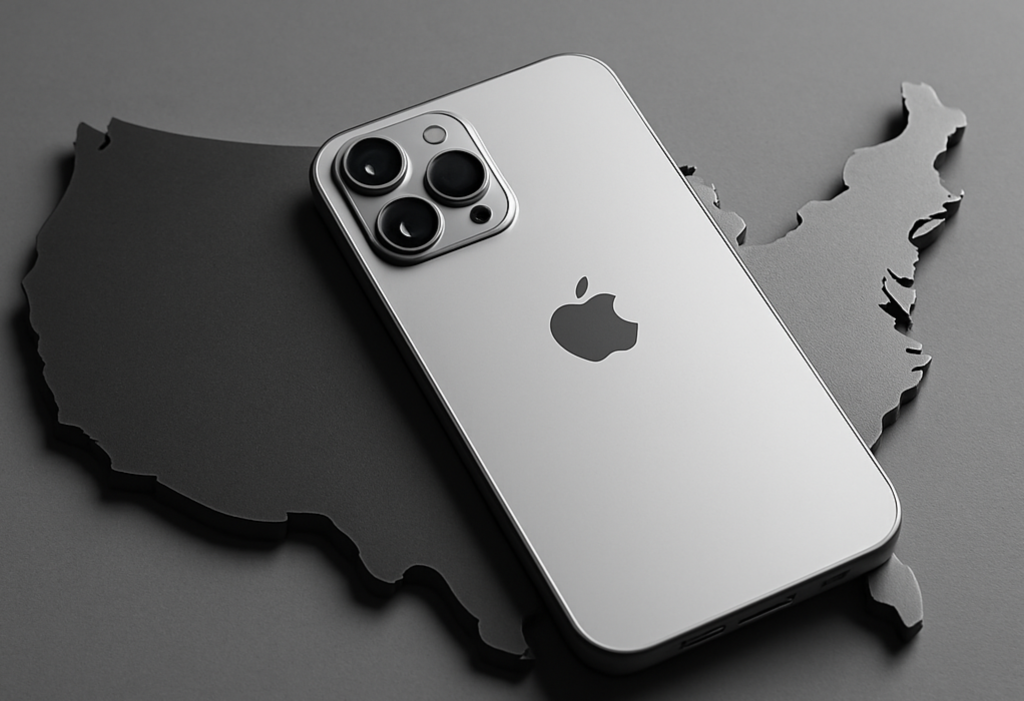
As geopolitical tensions and supply chain uncertainties continue to rise, the question of whether Apple could eventually manufacture the iPhone entirely in the United States is gaining renewed attention.
In recent months, U.S. lawmakers have called for greater tech manufacturing independence, urging companies like Apple to reduce reliance on China and other Asian nations. Apple, which assembles the majority of its iPhones through its Chinese partner Foxconn, has already started to diversify its supply chain, with increased investments in India and Vietnam. However, a complete shift to the U.S. remains a complex challenge.
According to industry analysts, manufacturing an iPhone entirely within the United States would involve rebuilding a highly specialized supply ecosystem from scratch. This includes sourcing components like chips, displays, and batteries—all of which are currently produced overseas at scale and lower cost.
Still, there are signs of movement. In 2022, Apple began producing some Mac models at its Texas facility, and the company is working closely with Arizona-based TSMC, which is building a semiconductor plant that could eventually supply chips for future Apple products. If successful, this would be a major milestone toward onshoring more of the iPhone’s production process.
Experts believe that while a fully U.S.-made iPhone is unlikely in the near future, Apple may continue to localize certain key stages of production, particularly those related to high-tech components and final assembly.
“Political pressure, economic incentives, and risk management are all pushing Apple to consider a more domestic supply chain,” said tech analyst Rebecca Lin. “But building an iPhone in the U.S. is not just about logistics—it’s about creating an entire manufacturing culture that doesn’t currently exist here at scale.”
For now, consumers are unlikely to see a “Made in America” label on their iPhones anytime soon—but the groundwork may already be underway.


